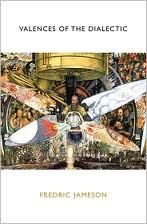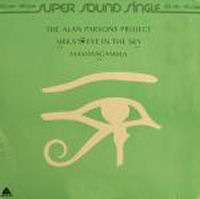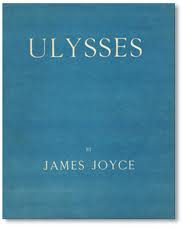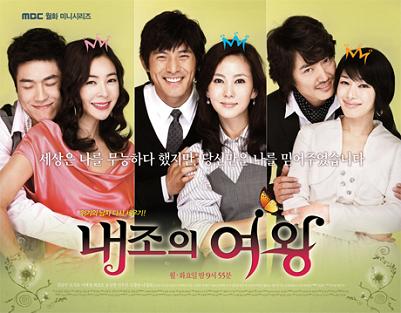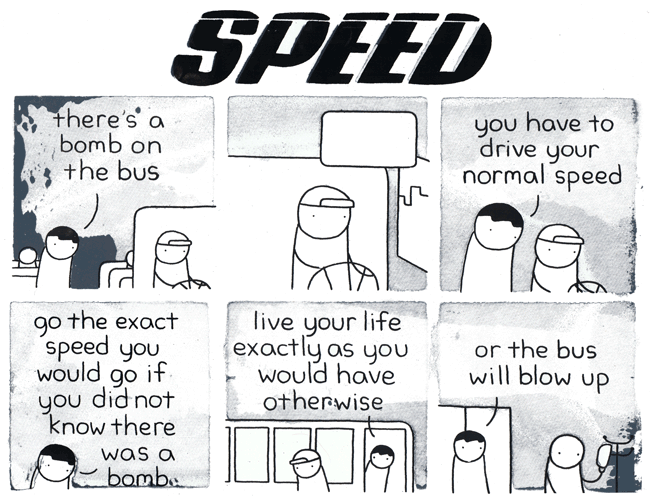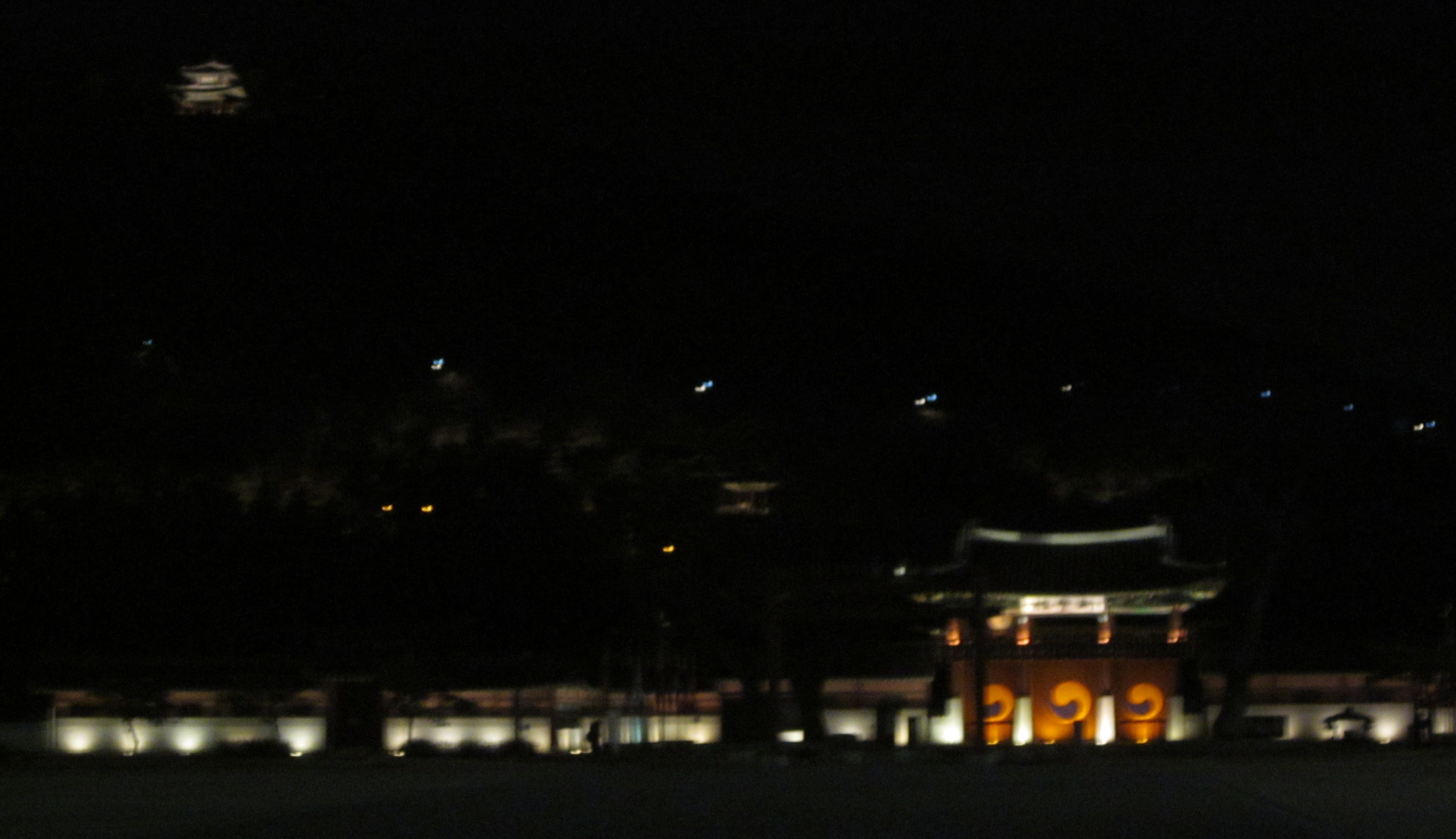Last week I posted a blog entry in which I mentioned my belief that a high-density urban lifestyle is more “sustainable” and has lower environmental impact. This was in the context of a cartoon which I posted there, which included the words: “Do you use roads? Do you live in civilization? You are responsible for cruelty to animals.”
An old-new acquaintance of mine, Jeannine (really, my absolute oldest friend – she was my best friend sometime around second grade), commented on facebook as follows: “I think that whether high-density urban living vs. country living is “more impact” depends on how one lives one’s life in either environment. And well, then, there is ‘do you use roads?’ So it’s probably a draw.”
Now, the thing is, I respect her opinion highly, on this matter, because I happen to know that she is a professional ecologist of some kind. I’m not one of them types o’ people. The best I can say is that I completed a minor in botany in college (which I failed to declare because I already had two other minors and the paperwork was annoying, but trust me, I did the course work, and it was fun). Oh… and I was once a card-carrying member of the Green Party.
But I have thought long and hard about this stuff, and all during the past week, I tried thinking through just how strongly I believe this. Here’s a modified (somewhat caveat’ed) version of my statement:
All things being equal, a high-density urban lifestyle has lower environmental impact than a rural one.
The key phrase is “all things being equal” – I mean by this, that “to the extent we can make the same lifestyle choices in different environments.” Lifestyle, obviously – in the broadest interpretation – is where the greatest environmental impact comes into play. And lifestyle includes a great deal more than the binary choice of urban vs. rural.
Here’s my thought experiment, at its most simple.
It’s related to the Econ 101 idea conveyed by the phrase “economies of scale.” If you live in a giant apartment building, with your workplace near by and/or easily accessible by good public transportation, your day-to-day existence will have less impact on the environment, overall, than if you tried to live a basically equivalent lifestyle in a single-dwelling house in the suburbs or out in the country. That’s because, for example, in an apartment building, you use less energy to heat your apartment, since you share resources with your neighbor. And you drive less to get the same results in terms of commuting for work and leisure.
But it’s key to remember that I’m assuming equivalent lifestyle – to the greatest extent possible.
Obviously, one can make choices about how one lives, in either context, that increase or decrease one’s environmental impact. Some of those choices are easier in the country, and some are easier in the city. My personal choice of recent years – not to own a car – is much easier in the city, now, than it was living in the country, last year. Someone else’s choice, say, to consume only locally grown, organic produce would maybe be much, much easier in the country.
The thing about country life that perhaps makes it seem like it has lower environmental impact is that you’re not surrounded by millions of others also having an impact on their environment. The other thing about the rural life that must be noted is that, unlike the urban lifestyle, it can be “unplugged” completely – which obviously is a very, very low impact lifestyle. But just because such a choice is possible in a rural environment doesn’t mean many people actually bother to make such a choice, and the fact of the matter is that in developed countries, country people and city people mostly make very similar lifestyle choices, which means their overall impact is quite comparable.
Ultimately, in my thinking at least, it comes down to the issue of per capita environmental impact. And that’s crucial. I think the inhabitants of Seoul City have devastating overall environmental impact in comparison with, say, the residents of Molokai (which I choose since Jeannine lives there, and which happens to be almost exactly the same size, in square kilometers, as the area enclosed by the Seoul City limits).
But, if you look at per capita impact, I bet Seoul, with its 10 million, has Molokai, with its 7,000, beat. Hands down. I mean, I can’t guarantee that, obviously – I don’t know enough about all the components of what environmental impact really even means. But how likely is it that a individual Seoul resident, on average, has more impact on his or her environment than an individual Molokai resident?
One thing I do when I think about this, is that I try to find some intellectually comfortable, more simple proxy for the concept of overall environmental impact. I think one good proxy is the much touted (recently touted, anyway) concept of carbon footprint. Again, Seoul’s carbon footprint is greater than Molokai’s – but on a per capita basis, and accounting for inflows and outflows (meaning imports and exports of goods made by / consumed by inhabitants), I would bet that Seoul’s is lower than Molokai’s.
This is really just a thought experiment. Another thing that I think about, a lot, is that for most of us, figuring out our overall environmental impact is stunningly difficult. There’s carbon, of course, but there’s also all the other chemicals we put out, directly or by virtue of what we buy. There are disrupted ecologies, due to infrastructure ranging from farms to factories to highways to human-oriented “parks.”
I remember reading somewhere that, perhaps coincidentally and perhaps by causation, our rate of overall consumption, in dollar terms (or in terms of whatever currency we’re using), is an almost perfect proxy for our carbon footprint. Which is to say, if someone consumes at a rate of $40000 per year, their carbon footprint for everything they do (travel, food, etc.) will be double a person’s who consumes at $20000 per year and half of a person’s who consumes at $80000. It’s just a more or less perfect statistical correlation, obviously grounded in the way our human ecology (which we call economy) happens to match up with our natural ecology (which includes our carbon footprint). Of course this is hardly an accident – just as it’s not an accident that both “ecology” and “economy” start with “eco-.”
I therefore imagine that there might, in fact, be a strong correlation between our rate of economic consumption and our overall environmental impact, too. This makes it much easier for amateurs in ecology to think about, and evaluate, their environmental impact. It boils down to a simple question, with easy ways to make changes and adjustments in behaviors.
We can ask ourselves: how much am I consuming, in dollar terms? And, in most societies for most people, this isn’t that different a number than what we’re earning – very few of us are socking our income away at high rates and spending low proportions of it.
The end of this metaphor or analogy is that we can simply look at our tax return and decide what our environmental impact is. I mean… very roughly speaking.
Some time back, once I decided this analogy or way of thinking made sense to me, I made a very conscious decision, starting in about 2006, that I was going to lower my environmental impact by simply attempting to reduce my rate of consumption. I set for myself a somewhat conscious goal of lowering my income. That sounds horribly un-American. But it’s not hard to do – you have to admit that. I changed careers from something lucrative (computer programming) to something unlucrative (teaching – and overseas, at that!). I gave up driving – except for road trips. I happily live in a smaller apartment than an average American would consider acceptable. I limit meat consumption (as I’ve described here many times before, I basically only eat meat when in the company of others, in the context of them deciding what to order). I buy mostly locally grown produce (easy to do in Korea since they grow everything here in hothouses and discourage food imports through massive tarriffs – those Chilean grapes in the store ain’t cheap like in the US). Etc.
I don’t mean to come off sounding “high and mighty” or superior. I am certainly not blind to the irony of the fact that my previous post was about consumption, and about my “stuff” and how happy I was to have some “stuff.” My only point is that trying to understand and control our overall environmental impact is incredibly difficult, if not impossible, without degrees in economics or ecology. But if we just think in terms of consumption, then we have a ton of options in front of us, and anyone can make lifestyle changes that lower consumption, and thus, almost inevitably, also lower environmental impact and/or increase sustainability. And to return to the urban vs. rural dilemma, I can say that urban lifestyles are more easily adaptable to patterns of lowered consumption in the context of maintaining certain minimum “privileges,” vis-a-vis the Western, modern lifestyle, and thus they’re more sustainable.


